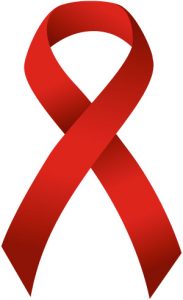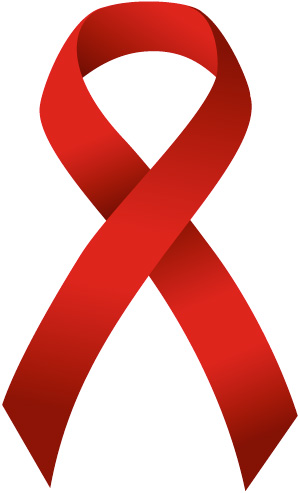Being diagnosed with HIV during pregnancy increases the risk of domestic violence postpartum among women with no history of abuse in their relationship.

A few weeks ago during my work as a specialist doctor in infectious diseases at a hospital in Buenos Aires I met Micaela, a beautiful young girl aged 19. I had to give her the news she was pregnant and living with HIV. She cried, feeling guilty and confused. She was alone at the hospital. I asked her about the baby’s father and the chances for disclosure.
She was afraid to death of his possible reaction, even though there was no previous history of violence in their relationship. In my country, Argentina, domestic violence is a real threat to women, data shows that a woman is killed by her partner every 30 hours. This makes it very difficult for me to suggest that Micaela´s partner should be tested for HIV or other sexually transmitted diseases.
This issue was highlighted at AIDS 2016 by Dr Ali Groves, from the American University of Washington who said there is a statistically significant relationship between a woman disclosing an HIV positive diagnosis made during pregnancy to her partner and her chances of suffering either physical or emotional abuse.
It is my belief that screening for risk of domestic abuse should be included in every prenatal care visit. If men are part of the problem, they should be part of the solution. Therefore, let us try to include fathers in prenatal care visits, both for testing and counselling, and as a domestic abuse prevention strategy.
Mother-to-child transmission
There was also good news that progress is being made in antenatal care. During 2015 six countries, Botswana, Namibia, Mozambique, Uganda, South Africa and Swaziland achieved the Global Plan Target (WHO; UNAIDS) of reducing mother to child transmission of HIV by 90 per cent. Cuba and Thailand, both so called “high priority countries”, became the first countries to eliminate the mother to child transmission.
The bad news is that some countries such as as Nigeria or Angola reported less than 40 per cent reduction on mother to child transmission. And in Argentina, where we have universal access to antiretrovirals (ARTs) and prenatal care, still we have shameful statistics with one of the highest rates within Latin America.
The way to a cure for AIDS is going to be long. In the meantime, we can aim to cut transmission of HIV from mother to baby, saving a lifetime of ARTs, and for mothers to be free from domestic abuse.

